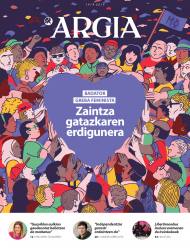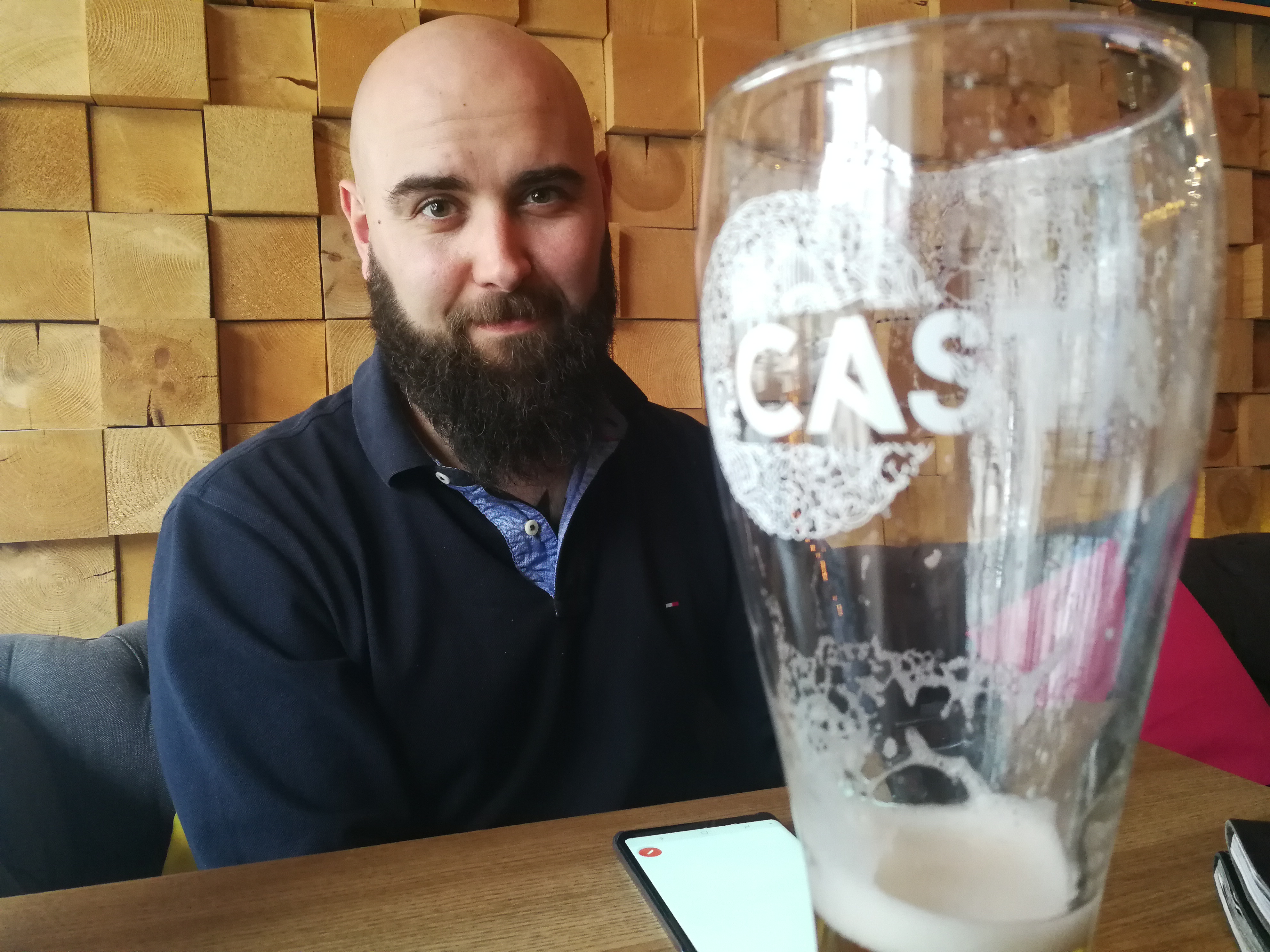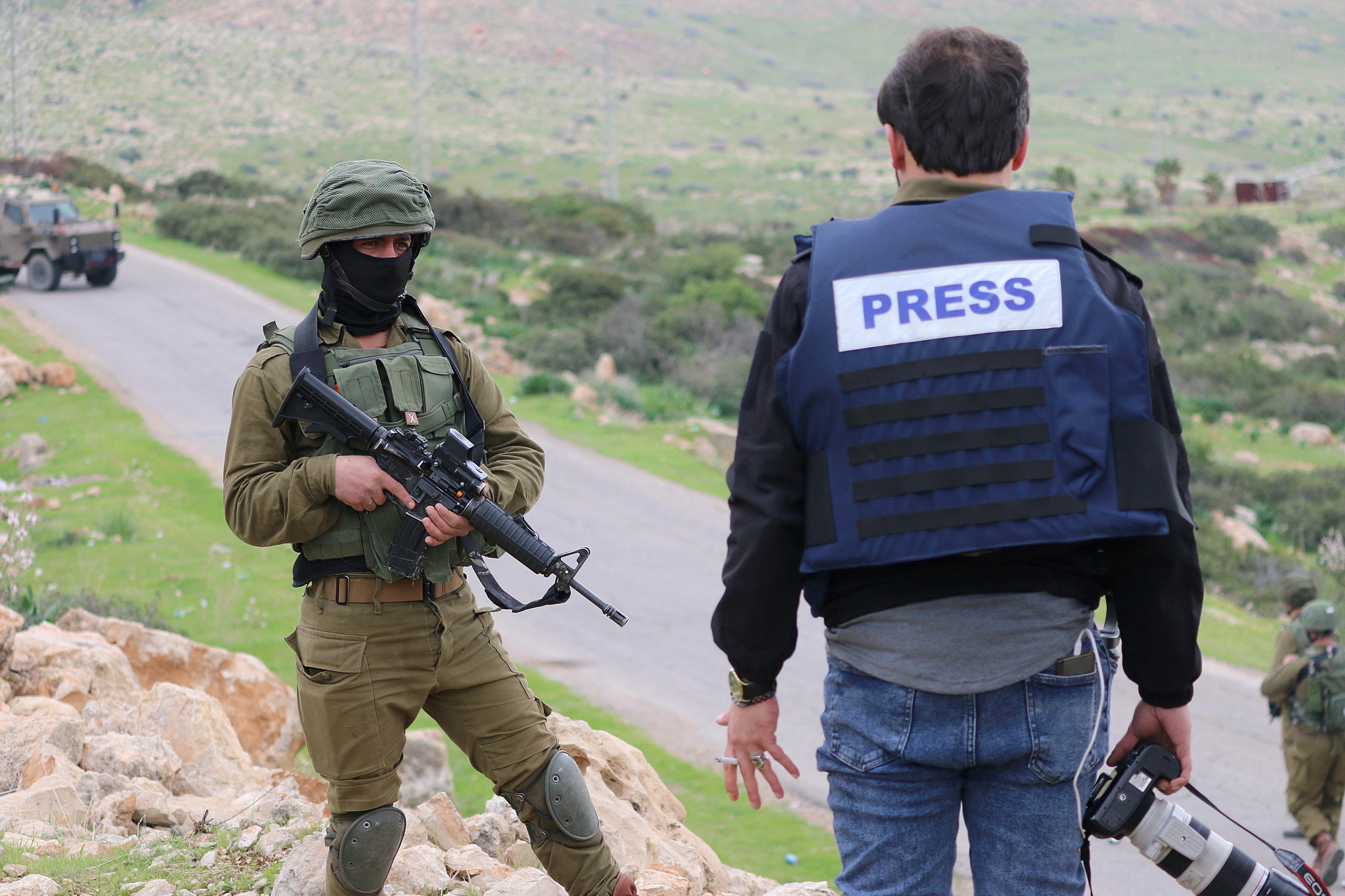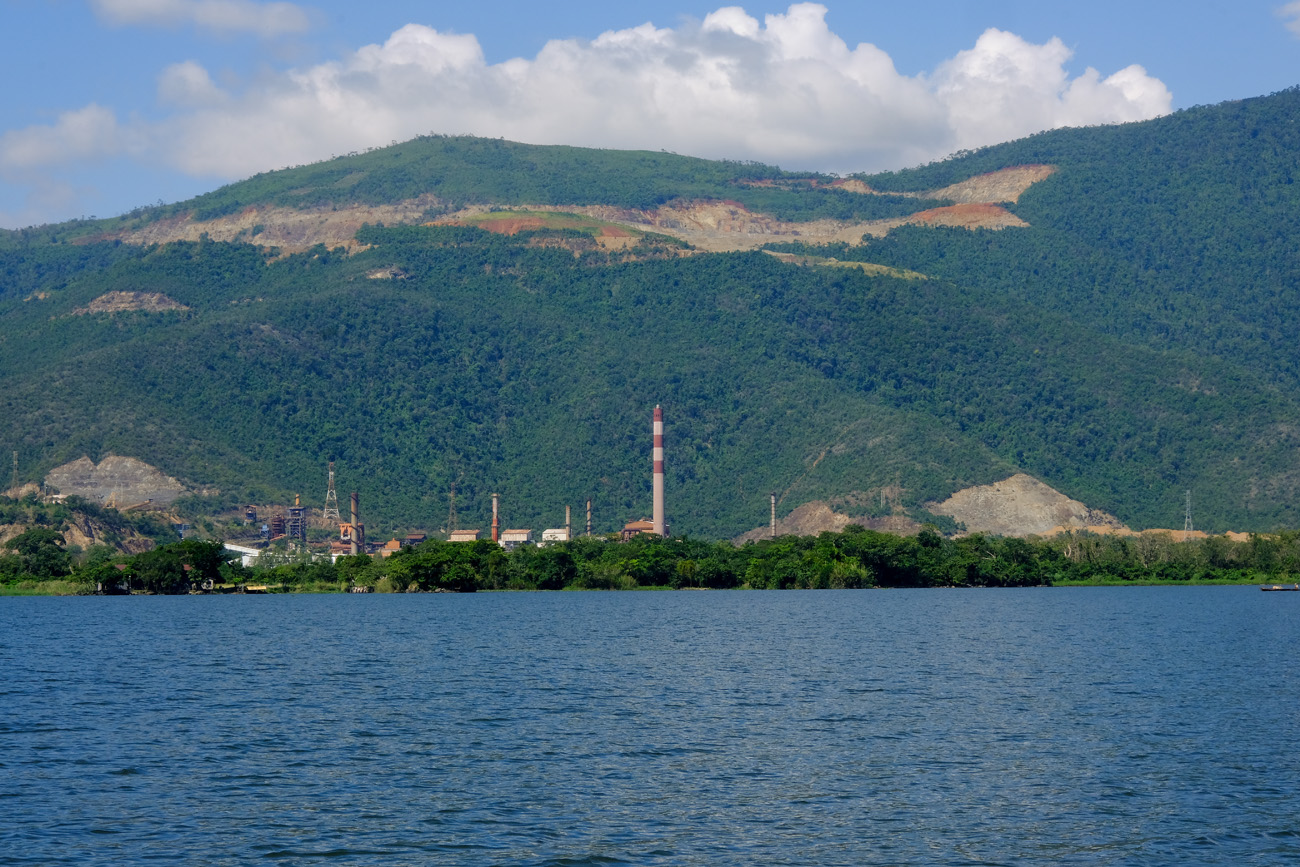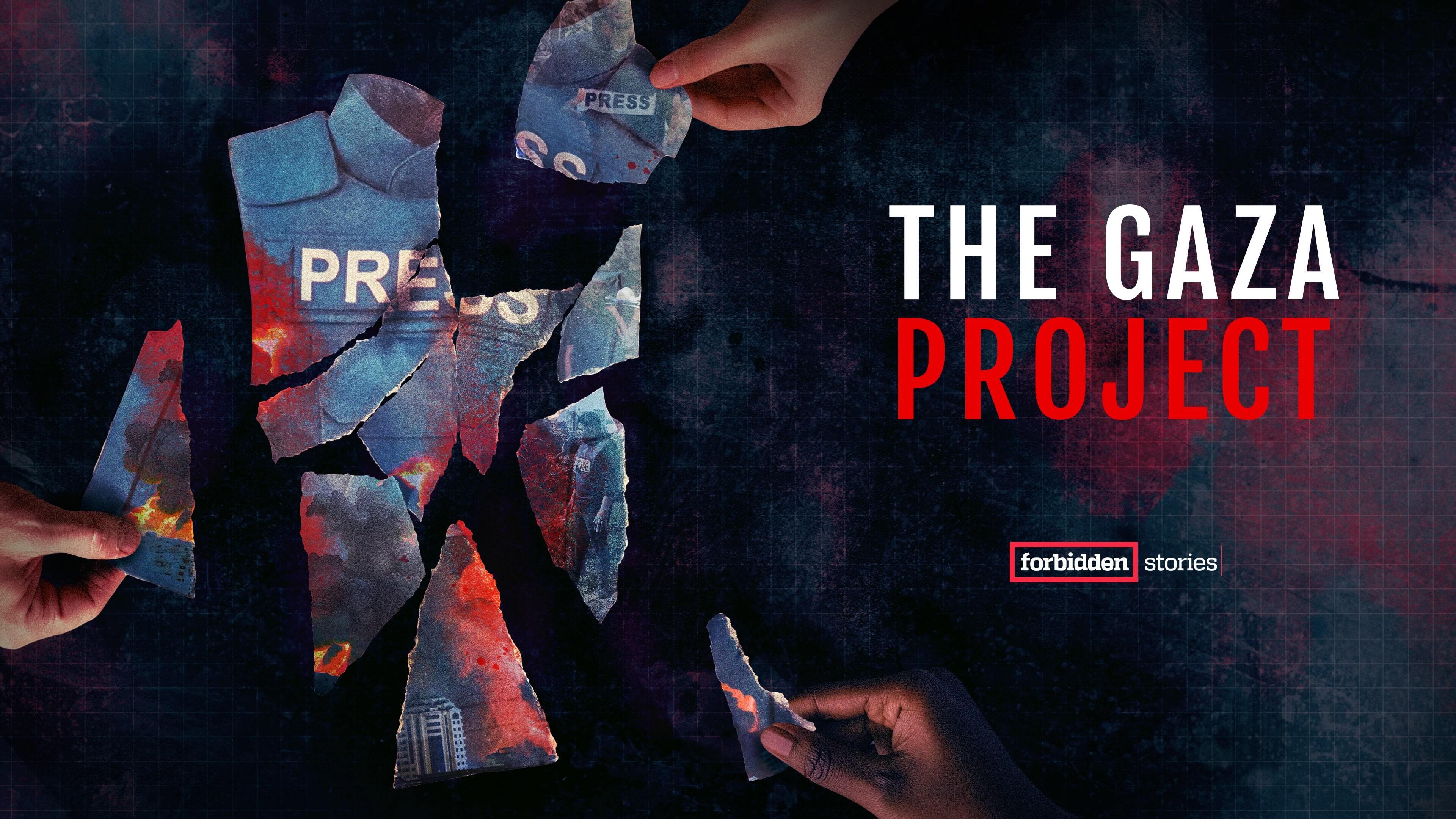"Journalism looks like hard times come."
- The two Ertzainas have described as "insult" that on May 21, 2018, the journalist of ARGIA Lander Arbelaitz announced a violation of linguistic rights in the streets of Donostia. The Ertzaintza has apologized for the bad behaviour that has taken place that day and ARGIA has received the support of several journalists and Euskaltzales for the work done. On 20 March, however, a media player will again take up the defence of journalism and freedom of information in the courts.
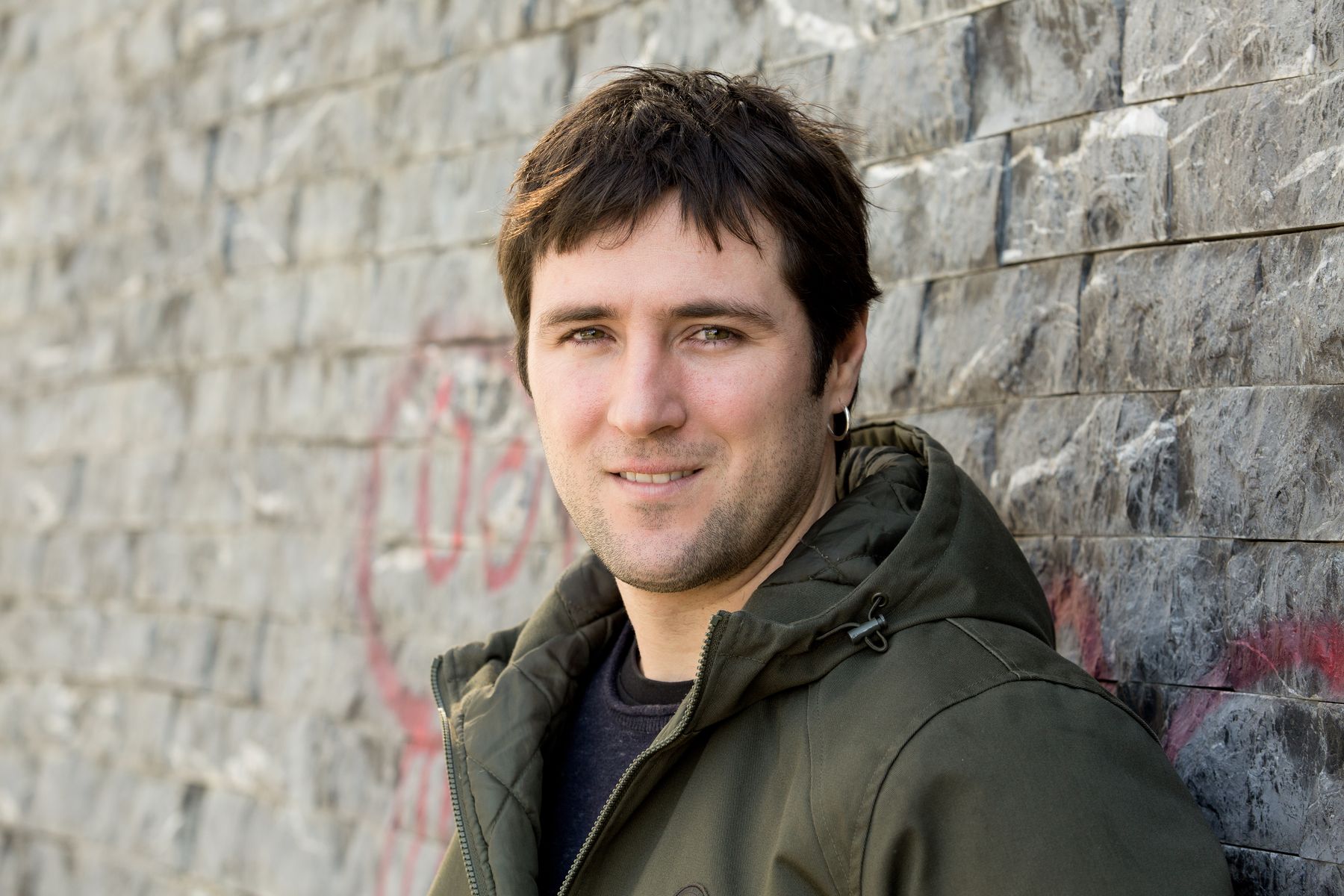
Again, a journalist was news. It's not a good sign.
Yes, you rarely get a prize. Most of the time, they're problems. Maybe you can think that this leading role might like the journalist, but no, it's really nasty.
We say that “journalism is not a crime,” but it does not seem that the media dependent on parties or multinationals have major problems working on.
It's got problems if you want to post information that's uncomfortable for the power. This journalism is persecuted, denounced and sanctioned in the world and in the Basque Country.
This is not the first time that the police have attacked an ARGIA journalist. Not even against you.
ARGIA is 100 years old and we've lived through everything. Censorship, torture by the closure of Euskaldunon Egunkaria, condemnations by the Mordaza Law… In recent years, the problem has been to publicize the protests on the street. What happened to me on the popular wall of Donostia, the fine it imposed on you for informing you of an arrest or the attack on Gorka Bereziartua for informing you of the identifications of several members of Gipuzkoa Zutik, to name a few.
It's not a good dynamic. There is a desire to intimidate journalists, but fortunately we have felt overwhelmed and we have been empowered to continue strengthening our communication project.
This case is not very common. You rarely see the police publicly asking for forgiveness from the citizenry and then punishing it.
This demonstrates the lack of coordination and communication within the Ertzaintza. The head of the Ertzain-etxea of Donostia-San Sebastian apologized saying that there had been a violation of language rights to a person. A lot of people were happy with this news. It was something new. Subsequently, however, the victim of the violation of linguistic rights, Eneka Álvarez, has been fined by the Moorish Law and has filed a complaint against the journalist who recorded what happened. Moreover, in my complaint two Ertzainas say that I am still lying on social media, for example, because we have said that they have asked for forgiveness. It's not serious. Everything looks like a joke. Within the Ertzaintza they have problems and contradictions in relation to authority, communication and the Basque country.
“We have been specifically asked to convey our apologies by two Ertzainas,” the Ertzaintza statement said. In the complaint against Argia, on the contrary, the two Ertzainas say no, that they have never asked anyone for forgiveness for it.
Which shows that in that official Ertzaintza forgiveness was lied when those two Ertzainas expressed their desire to apologize for sexual assault. They have also stressed that they do not want to apologise to anyone. It's very illustrative. The Basques, unfortunately, are accustomed to this kind of attitude.
What is the main thesis of the complaint against you?In the complaint filed by the two Ertzainas, it is noted that ARGIA
has said that the identification of Eneka Álvarez was due to the fact that he spoke to them in Basque and asked them to attend them. This is considered an offense against them. However, the video is very illustrative. They themselves say that Álvarez hindered the identification of those responsible for the press conference. That's a lie, Álvarez didn't hinder anything. Those responsible for the operation were identified 20 minutes before discharge. That's also pictured in the video. Álvarez was identified due to a linguistic conflict. That's how we all who were there understood it, and that's what everyone who's seen the video later understood.

Were many of the Ertzaines identified?
No, but all the people who started recording what was going on there systematically identified it. Making it clear that, in their protocols, anyone who records a police operation, whether a journalist or not, should be identified. In recent years this trend has been very evident. It has happened to me many times. In addition to making it difficult to work, you're often scared. Moreover, on more than one occasion they use the lie saying that “it cannot be recorded.”
An ertzaina who has denounced him said the same thing to him, right?
Yeah, we had a discussion of this kind with one of those Ertzaines. When we were recording, he told us we couldn't record. I told him that yes, we could record it, that it is our right and that we would extend it, and that if it hurt to see it in the videos, it would cover its face. It was a bit crude, but we kept recording.
As for the newspaper library, the answers in Basque as “yes, yes, what you like, but identify” are no exception.
Yes, an ertzaina told Eneka Álvarez. “I like to speak in or Spanish in Basque, which I will identify you here or on the basis” or “these voluntary people”. The law says that the citizen has the right to be treated in the official language of his choice. But at the time, those laws and rights didn't matter to the Ertzaines.
Unfortunately, we Basques know that these things happen, but we are not used to denouncing them. It's something that comes from far away. It is widely assumed that speaking in Basque is secondary and that being empowered before the authorities can be a source of problems. And we, as we know two languages, have turned to Spanish. I really liked what Eneka Alvarez said in ARGIA: “Until linguistic rights are respected, there will be a clash.” Because there are thousands of people in Euskal Herria who are willing to keep their language. In this shock, the problem is not the citizen in charge, but the administration.
The data is revealing: Of the nearly 8,000 ertzainas, only about 400 had a degree equivalent to that of EGA in early 2018. This was reported
by Arkaitz Zarraga in relation to his case. The request to speak in Basque was considered an offense by some municipal police in Bilbao. Zarraga is a professor of the Euskaltegi and has seen many people, including municipal police and police, learn Euskera to get the title, leaving the rights of the Euskaldunes in the background. In the case of policemen, there is a lot of training work to do. And that's in our hands. To the institutions here, we should not ask Madrid for permission to do so. The leaders are working hard, and the best thing they can do is put self-government into practice rather than praise it so much in word. First, by teaching street officials what the law of the Basque Country is. It is unacceptable that it is the policemen who violate the law. As Zarraga rightly said, if a fine was imposed on anyone who infringes language rights, the situation could be different. But what we have is quite the opposite, the punished are the empowered Basques. In these cases the Ertzaintza acts as corporativism and those above support those below.
All police officers should be informed in Euskera and, as long as they are not, at least in patrols that have a direct relationship with citizens on the street should be Euskaldunes policemen.
Will ever the police model of deafness, closed and opaque?
It takes a shake, it's obvious. A historic cycle has ended in the Basque Country. Like it or not. Times change and we are children of today. As a change is taking place in the area, the Ertzaintza will also have to adapt to the current situation. We're going to have to discuss the police model, right? So can't you talk? Or have those who are there retained their position and their power? Well, in that case, the gap between citizenship and administration is going to widen. There is a great job to do, as a people.
In any case, it does not seem that the police would like to make their public work known. Not here or anybody.
Nobody likes their work to be inspected. But that's our job. We have few resources, we're a small group, but when we're on the street and something happens in front of our eyes, what do we have to do? Our responsibility is to tell.
But look, the problem is bigger. When this violation of linguistic rights occurred, only ARGIA and Irutxuloko Hitza reported on what happened. Nothing was posted anywhere else, even though the video was very illustrative and widespread on social media. Now, I guess that also makes you think, right?
That's why in ARGIA, one of our jobs is to spread what the mainstream media leave out. And does that bring problems? Sometimes yes. According to the veterans of this house, independence is expensive everywhere.
Do we have to record the police?
Of course, but not as a challenge against them. Because informing what is happening on the street is a right and because citizens have the right to be informed, including police operations.
If the cops find it uncomfortable to see their faces in videos or photos, then they have an easy solution: covering the face and enough. But, of course, the police who do not want to face it will hardly be able to say that it is very close to citizenship.
Therefore, the blurring of the faces of the Ertzainas, of the civil guards, of the Spanish or French police does not seem to be an
exercise very transparente.Los agents have tried to hide behind their backs this responsibility of hiding the identity of the agents, according to the press. We cannot allow that. When something goes down the street, can't we tell anything directly? Are we going to spend five hours editing a two-minute video to go home and cover the faces of the cops one by one? That is not legitimate. If you want the face not to be seen, that is the responsibility of public officials, not journalists. We in ARGIA have decided that we will not do so.
Laws like the Mordaza Law don't help clarify what we can do or not in public space.
It was very clarifying what was said in the Salvados program one of the main promoters of the Mordaza Law, former Spanish Interior Minister Fernández Díaz. Jordi Évole asked him if the police can be recorded, and his answer was categorical: “Yes.” The discussion is over.
In reporting on police action, journalists do not endanger anyone’s safety. We have to be firm on that, because otherwise, we're going to throw stones at ourselves, complicate our work.
As for the Mordaza Act, what we have here is a huge hypocrisy. Since the Basque Parliament said that it was not going to apply it, almost every week we have published some news about fines. They say that it is a law that is imposed from Spain and although they have the possibility of managing the issue in a different way, the Ertzaintza is systematically applying the Mordaza Law. In this theater, they lose credibility.
Are we well organized in Euskal Herria to deal with violations of freedom of information?
We can organize ourselves better. The case of Iraitz Salegi comes to mind. He was accused of alluding to terrorism for informing him of a public act and hundreds of journalists transferred his support. There are a large number of journalists who are prepared to speak out in defence of rights, but they are not organised. We can take a step forward in defence of the right to information. Hard times seem to come.
Varsoviako Barrutiko Auzitegiak argudiatu du González jada ez dagoela Polonian, eta ezin dutela jakin noiz aterako den Errusiatik. Auzitegiak ez du kazetari nabarniztarraren aurkako bestelako prodezurarik abian jarriko.
Osasun artak biltzen ari da Pablo Gonzalez Moskun une honetan. Joan den astean, Poloniako Radomgo segurtasun handiko espetxetik atera zen kazetaria bi urte eta bost hilabeteko preso egon ondoan. Poloniak leporatzen zion espioitza frogatu gabe libre atera da.









